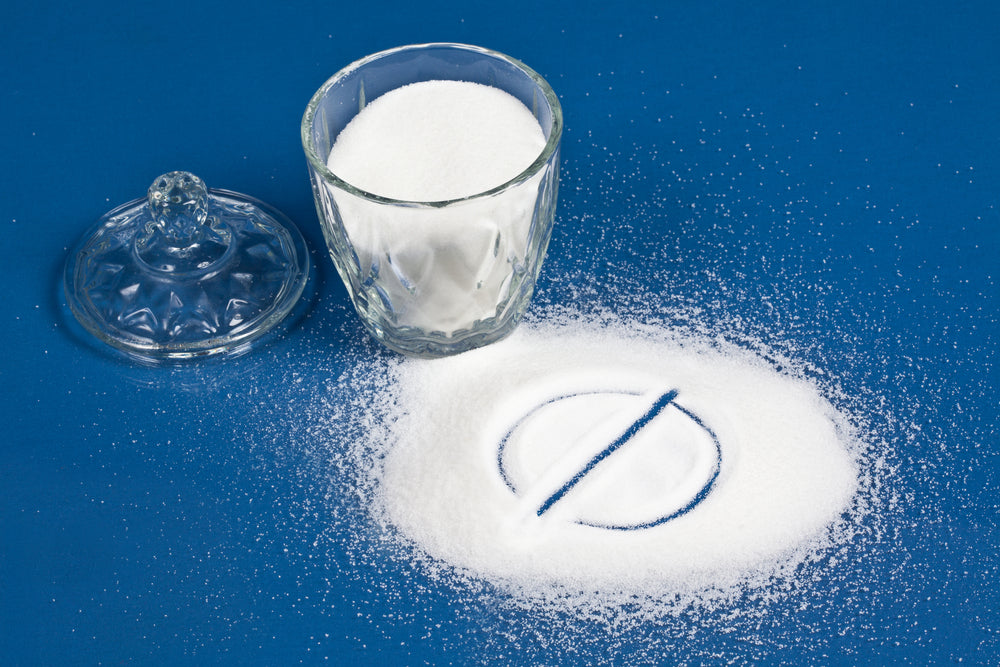October 28, 2016
Truth About Sugar: The Industry's Big Lie
 Imagine this scenario: You've spent the past year slowly changing your lifestyle. Month after month, you began removing chocolate donuts for breakfast and deep dish pizzas for dinner. You haven't sat in the drive-thru line in months, and you switched out soda for fruit juices. It wasn't easy, but you wanted a healthy change. Now, here you are, a whole year later, and you've only lost a few pounds.
So, what happened? Sugar.
We all know that sugar isn't great for you. It's the reason some of us dread going to the dentist, and most of us have experienced "sugar crashes" that seem to sap our bodies of energy. Unfortunately, the truth about sugar goes deeper than what you may already know, and it could be affecting many different aspects of your life.
Imagine this scenario: You've spent the past year slowly changing your lifestyle. Month after month, you began removing chocolate donuts for breakfast and deep dish pizzas for dinner. You haven't sat in the drive-thru line in months, and you switched out soda for fruit juices. It wasn't easy, but you wanted a healthy change. Now, here you are, a whole year later, and you've only lost a few pounds.
So, what happened? Sugar.
We all know that sugar isn't great for you. It's the reason some of us dread going to the dentist, and most of us have experienced "sugar crashes" that seem to sap our bodies of energy. Unfortunately, the truth about sugar goes deeper than what you may already know, and it could be affecting many different aspects of your life.


